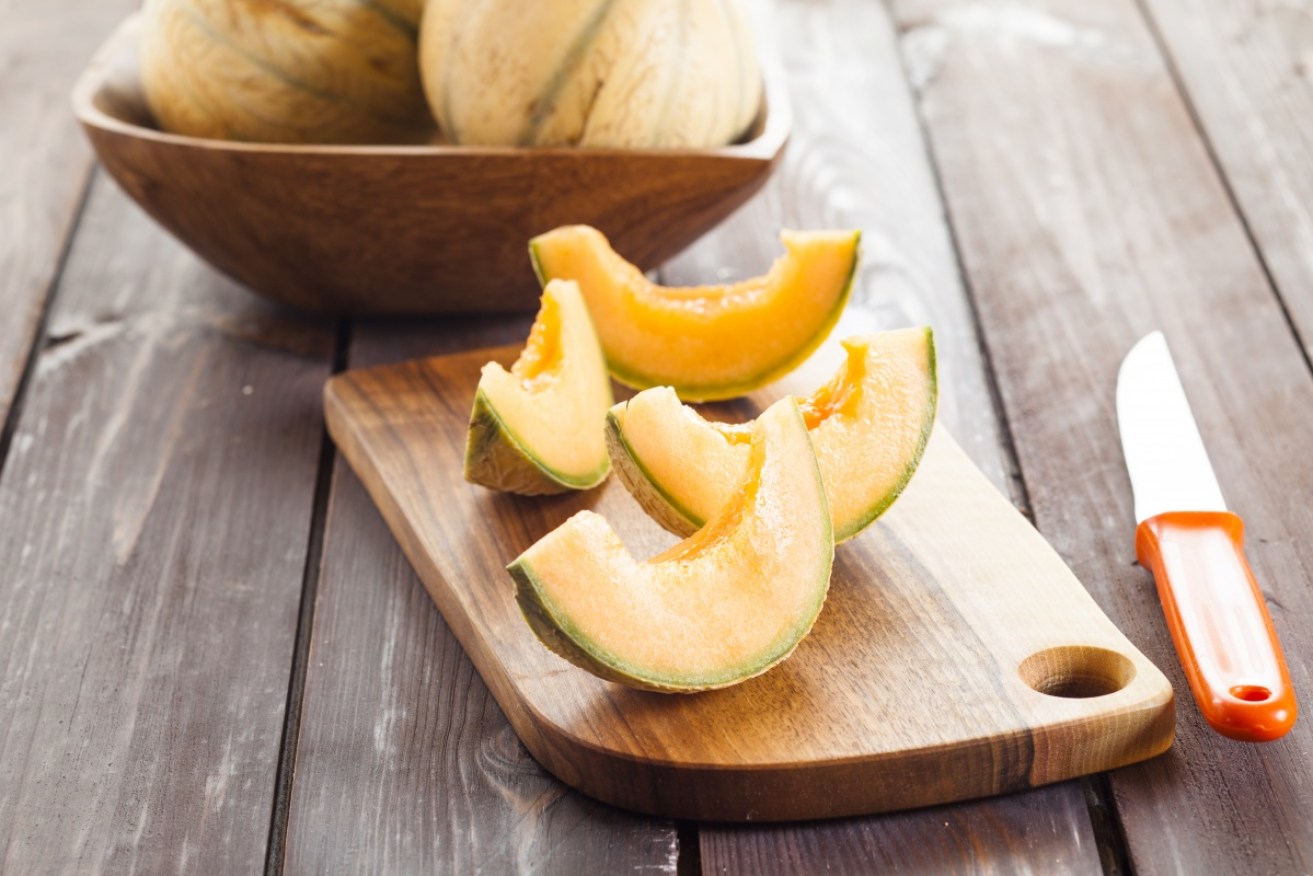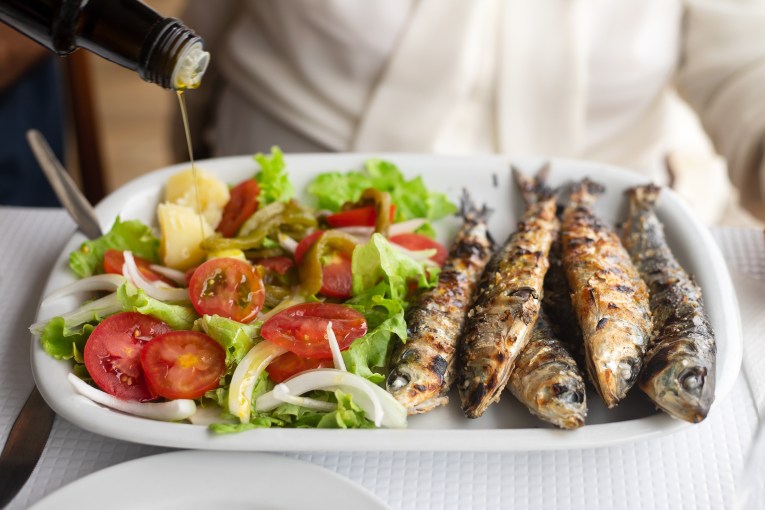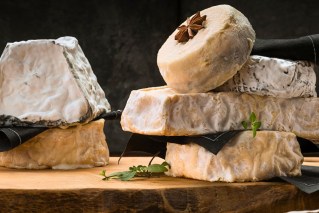Rockmelon recall: What to do if you recently bought a melon


People with medical vulnerabilities - pregnancy, the aged or compromised immune systems - should avoid pre-cut rockmelons. Photo: Getty
If you bought a rockmelon recently and it is still sitting in your fruit bowl, the advice is clear: throw it away.
These instructions from the NSW Food Authority, which apply to all Australians, follow a bacteria outbreak that killed two people, prompting a nationwide trade recall of the fruit.
But if you’ve eaten rockmelon in the past couple of months, there is probably nothing to worry about. However, if you are over 70 years old, pregnant or in poor health and you are experiencing flu-like symptoms, you should consult a doctor.
Dr Kari Gobius, principal research scientist in food safety at the CSIRO, told The New Daily that infants were also at high risk.
But what if the next time you’re in the supermarket you fancy a rockmelon?
The NSW Food Authority reassured consumers that any affected melons have now been removed from the supply chain, so any rockmelons currently available on store shelves are safe to eat.
What is listeria?
Listeria is a type of bacteria found widely in the environment and rarely causes serious illness for most people.
However for vulnerable people, such as those aged over 70, pregnant women, and people with diabetes, cancer or suppressed immune systems, it can be extremely serious or even life threatening.
It is suggested that vulnerable people avoid foods that pose a risk of listeriosis, including pre-cut melons such as rockmelon or watermelon, and pre-packed fruit salads.

The rockmelon bacteria outbreak could pose risks to older Australians, pregnant women and people in poor health. Photo: AAP
Early signs of listeriosis include flu-like symptoms such as fever, chills, muscle aches, nausea, and sometimes diarrhoea, and may not present for a few days or up to six weeks after eating the contaminated produce.
Food Standards Australia said that anyone who suspects they ate rockmelon prior to the recall and are feeling unwell should consult their local doctor as early as possible should symptoms appear.
In this instance, 10 elderly Australians were diagnosed with the infection, including six from NSW, after eating rockmelon and becoming ill between January 17 and February 9.
Two of the six NSW victims subsequently died.
The outbreak has been linked to a grower in Nericon, NSW, which voluntarily ceased production on February 23.
How did listeria contaminate the melons?
The NSW Food Authority continues to investigate what caused the spike in listeria on the rockmelons.
Speculating as to how rockmelon could be contaminated by high levels of listeria, CSIRO’s Dr Gobius told The New Daily it would be “highly unlikely” that the listeria would have been inside the flesh of the fruit as it grows.
“I would suspect that there were higher numbers of listeria on the skin of the fruit and that the contamination occurred when cutting the fruit open,” he said.
“Some questions that should be asked in investigating the cause are: was the washing and sanitising process at the packing house after harvesting adequate? Did something go wrong with the conditions that contributed to the growth of listeria?”
Dr Gobius said there was a possibility that irrigation water contained high levels of the bacteria, however he was not aware of any evidence from previous outbreaks to suggest this.
In 2011, a listeria outbreak affecting rockmelon (also known as cantaloupe) in the United States killed 20 people in Colorado.
An investigation by the Food and Drug Administration (FDA) found that pre-harvest factors may have contributed to the listeria growth including the condition of washing and drying equipment, and listeria was located on the cantaloupe conveyer belt.








